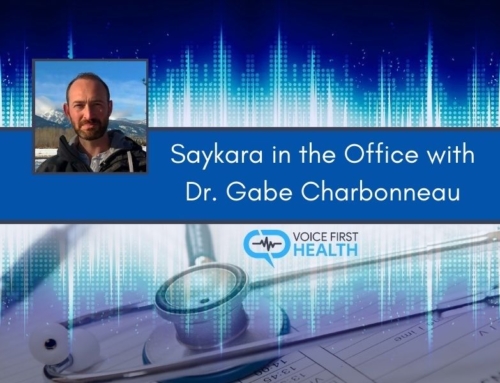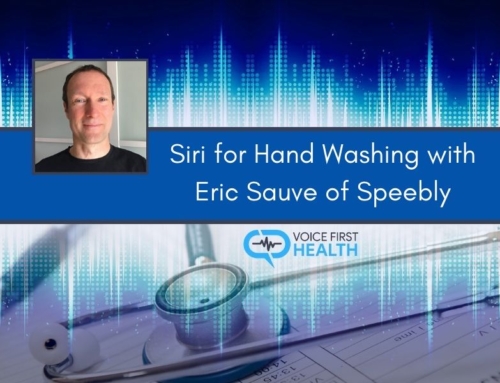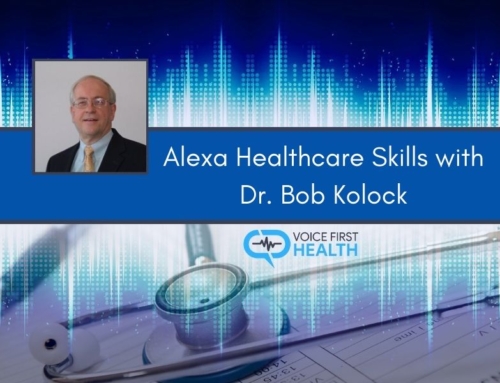VFH Episode 53
In this episode, Teri welcomes back Brian Roemmele, the “Oracle of Voice” and the “Modern Day Thomas Edison.
Brian is the consummate Renaissance man. He is a scientist, researcher, analyst, connector, thinker and doer. He is actually credited for having come up with the term “Voice First”. Over the long, winding arc of his career, Brian has built and run payments and tech businesses worked in media, including the promotion of top musicians, and explored a variety of other subjects along the way.
Brian actively shares his findings and observations across fora like Forbes, Huffington Post, Newsweek, Slate, Business Insider, Daily Mail, Inc, Gizmodo, Medium, Quora (An exclusive Quora top writer for: 2017, 2016, 2015, 2014, and 2013), Twitter (quoted and published), Around the Coin (earliest cryptocurrency podcast), Breaking Banks Radio and This Week In Voice on VoiceFirst.FM that surfaces everything from Bitcoin to Voice Commerce.
Key points from Brian!
- Medical transcription devices and how the new release of the Google Recorder is a huge leap forward in the future for medical transcription.
Google Recorder
- It takes real time voice and transcribes it into the new Pixel 4 phone. It’s all being done completely local to the device, meaning that the device can be in airplane mode, have no SIM card or WiFi, and the device will still do phenomenal speech to text.
- The device is a Google search engine built inside of the storage of the voice speech-to-text files that one creates.
- It’s an assembly of a lot of technology that has existed in the market, but done in such a way that it is unique and more useful.
- Voice transcription has been around since the 70s, but the ability to file the transcriptions in a meaningful way hasn’t been around for a long time.
- The Google Recorder is much more simplified than using a desktop or laptop.
- The device is currently just a free-form database. It’s not a physician fill-out-the-patient-form with your voice solution, it’s a notes solution.
- Google doesn’t yet know what they have with the Google Recorder.

Tackling the Issue of Voice Dictation/Medical Transcription
- The amount of paperwork physicians have to handle takes up more than 60% of their time.
- The problem with the existing medical transcription devices is that they’re designed for engineers to solve the problem and human factors are not built into the system.
- Brian works from the solution backwards. He believes that the best solution would be a device that doctors wear which talks to them.
- It will probably be in their ear and will have a microphone. It might also have glasses and give visual feedback.
- Scenario: A doctor visits their patient and asks the patient for permission to use the transcription device which is covered by HIPAA laws and deletes the audio file after full transcription, but the text remains. At some point, after say 30 to 50 years of patient interactions, the database will be the entire notation of the patient. It will be legally okay for a physician never to fill out a form again, because the database itself will maintain the continuity of that patient.
- The solution will be physicians being able to fill out notes in real time as they are talking to the patient. The intelligence will be built into the intelligence amplifier (the device) and it will extract the notes necessary to fill out the forms without a physician directing it.
- Brian says that if he was at Google, he would make it the size of a gum stick pack, put it with a really good set of headphones (one in one ear and one charging at any one time). It would have a light to demonstrate that it’s on. Patients would be aware when it’s recording.
- He believes that Google can do that today with a standalone device, but they don’t have the AI to support it.
- The device must not use the cloud or a network to store the patients’ data. It must instantly transcribe to a hardened local system.









